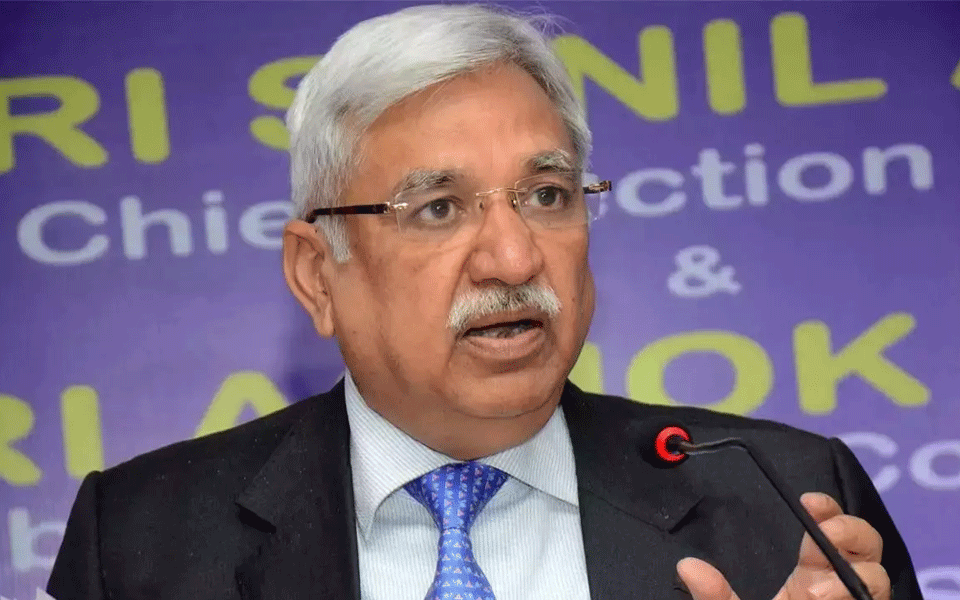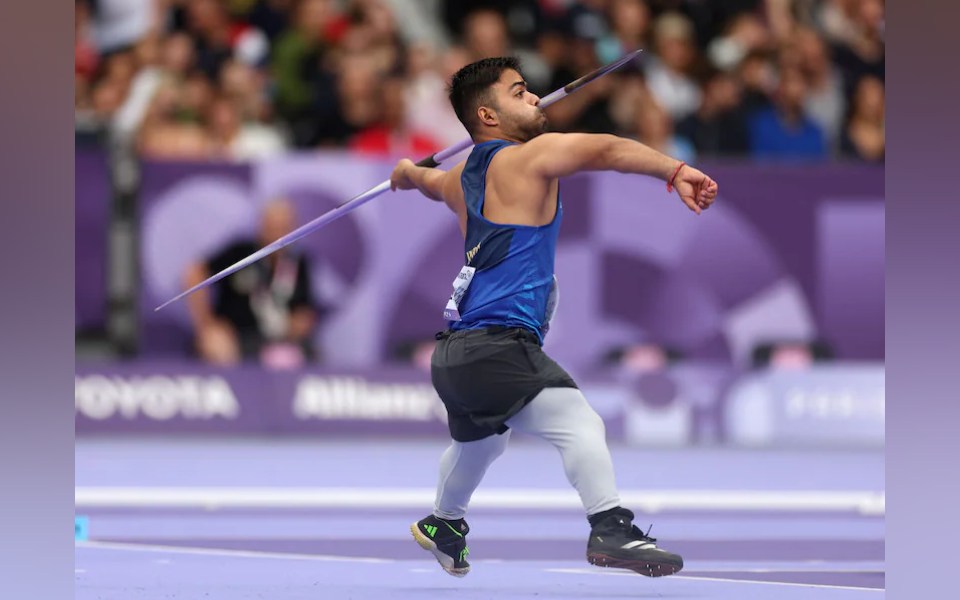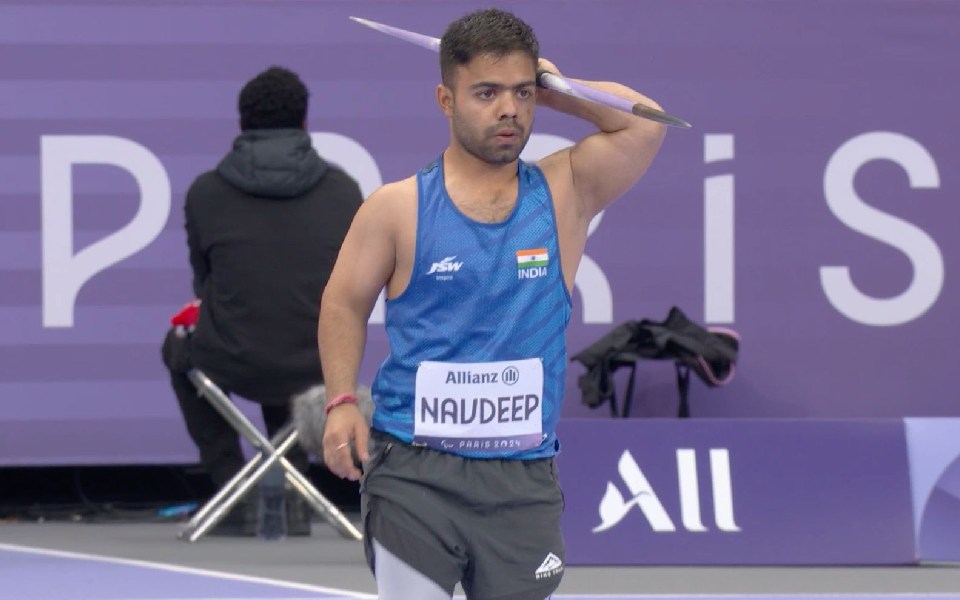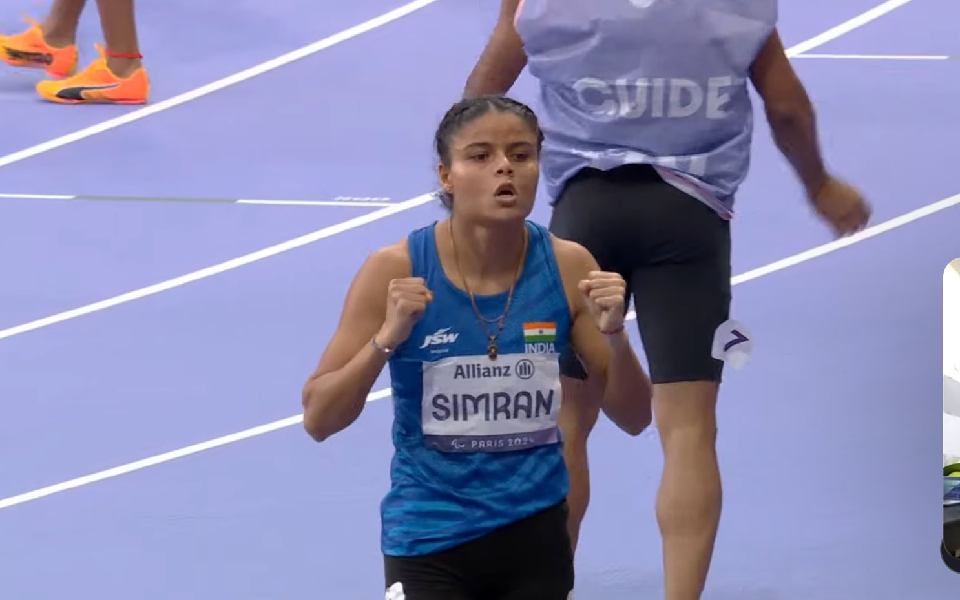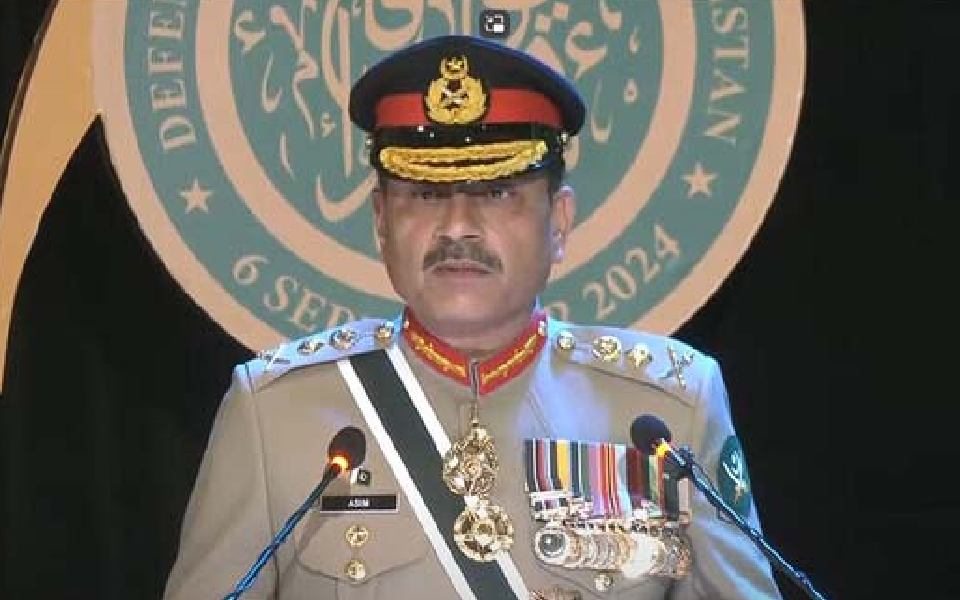Kolkata, Feb 1: Chief Election Commissioner Sunil Arora on Friday ruled out going back to the ballot paper, a demand raised by many opposition parties who have questioned authenticity of the electronic voting machine (EVM).
"We are not going back to the days of ballot paper. (The) EVMs have been in use in our country for more than two decades. And it has been a consistent policy of the ECI (Election Commission of India) for quite sometime and I think it will remain the same," Arora said.
"Political parties have a right to make their feedback known and their apprehensions because they're the biggest stakeholders after the voters. But, we're not going to go back to ballot-paper days. We're not going to the days of ballot papers being snatched, muscle power being used for that (and) inordinate delays in counting," the chief election commissioner (CEC) said.
He was interacting with the media after two days of deliberations with political parties and officials here over the upcoming general election. Election Commissioner Ashok Lavasa as well as deputy election commissioners Umesh Sinha, Sandip Saxena, Sudip Jain and Chandrabushan Kumar were also present.
The CEC's support of EVM comes on heels of a raging debate over the efficacy of the machine. At the Brigade rally of opposition parties here last month, National Conference chief Farooq Abdullah had called the EVM "chor (thief) machine".
Arora cited that there was a difference between tampering and malfunctioning. "We've been using the words very loosely as if they are synonymous. Tampering and malfunctioning are two different things. The commission has zero tolerance on malfunctioning. We're constantly trying to upgrade the EVMs and make them foolproof."
On a US-based self-proclaimed hacker's recent claim that the 2014 poll was rigged by tampering EVMs, Arora described the claim as "false" and an "ploy with criminal intent".
The CEC said the EVMs were manufactured by "highly-secured" companies, which have been engaged in defence equipment manufacturing too, and a technical expert panel supervises it.
Arora said the voter-verifiable paper audit trail (VVPAT), which have been successfully used in the recent state elections, would now be used across the country in the upcoming Lok Sabha polls.
He pointed out that the VVPATs were used in three by-elections in West Bengal Uluberia, Noapara, and Mahestala and there was not a single request for recounting.
Let the Truth be known. If you read VB and like VB, please be a VB Supporter and Help us deliver the Truth to one and all.
Paris, Sep 7: India's Navdeep Singh's silver medal was upgraded to gold after Iran's Beit Sayah Sadegh was disqualified following a dramatic men's javelin throw F41 final at the Paris Paralympics on Saturday.
This is India's first-ever gold medal in the men's javelin F41 category.
Starting the competition with a foul, the 23-year-old para-athlete from Haryana, who had finished fourth at the Tokyo Games three years ago, came up with a throw of 46.39 metres in his second attempt, propelling him to the second place. But it was his third throw that electrified the stadium.
With a monstrous throw of 47.32 metres, Navdeep shattered the Paralympic record and surged into lead, only for Sadegh to better the Indian's mark and clinch the gold with a record-breaking effort of 47.64 metres in his fifth attempt.
However, the Iranian was disqualified some time after the end of the final, leading to the Indian athlete taking the top spot.
The F41 category is for athletes, who are of short stature.

